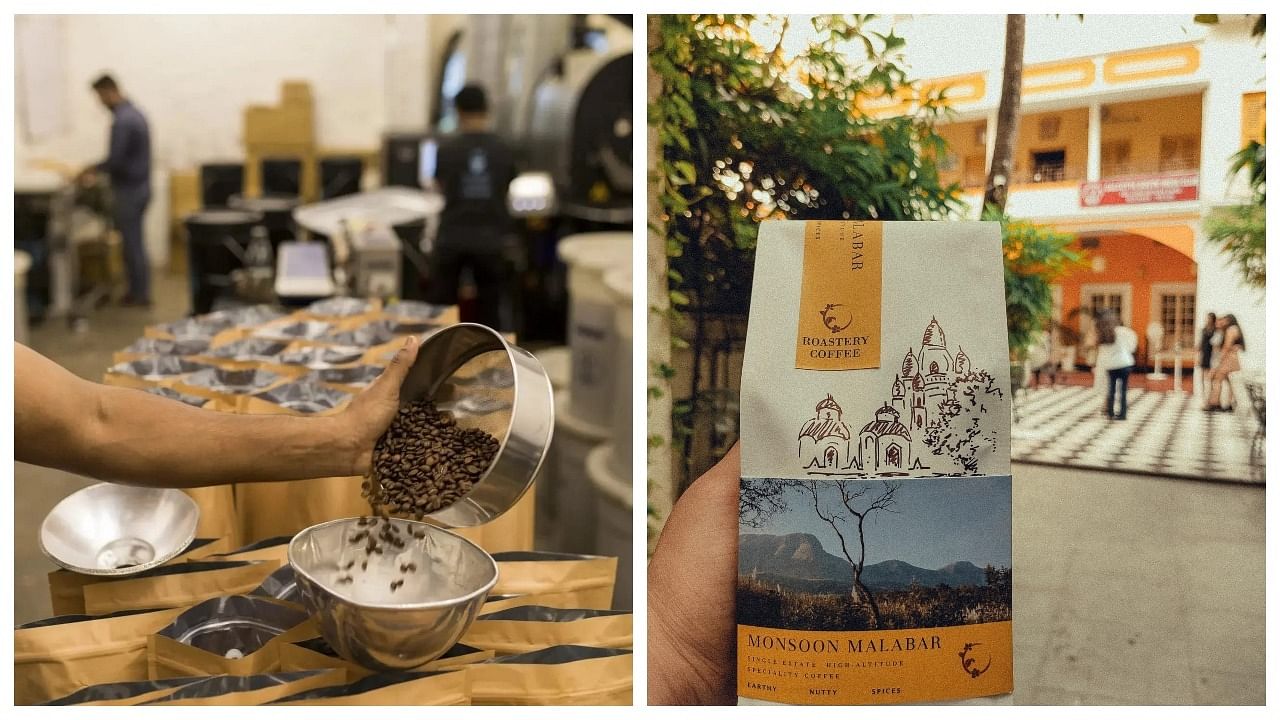
The monsoon session at the Parliament of India is slated to review a new Coffee (Promotion and Development Bill), 2022 replacing the 80-year-old Coffee Act.
A compelling coffee culture with industry-wide collaborations among coffee producers and cafes is brewing in India, but not much impact is expected from the bill on domestic consumption.
Praveen Jaipuriar, CEO of Continental Coffee Limited, explained the Coffee Act saying, “It was established in 1942 for the development of coffee production and to ensure fair compensation for producers who lacked pricing information at that time. Over time the board’s importance has reduced.”
In the proposed new bill, the Board’s role in price determination is officially removed, and it will serve only as an advisory to promote the growth and consumption of coffee in India.
Jaipuriar believes decentralisation will help enable market forces and motivate farmers to increase coffee farming.
Despite being one of the largest producers of coffee, India has a low annual consumption of around 15000 tonnes, compared to Asian nations like Vietnam and Japan. Indian coffee is globally popular due to its intense terroir-rich taste profile. In March 2022, exports were valued at US$ 114.7 million, showing a 22 per cent monthly growth.*
Nandan Thogarihunkal, a seventh-generation coffee farmer from Chikamagalur feels the new bill will not have any significant impact on the market.
“Since 1992 the industry has been democratised, and we rely on private scoring of coffee quality for exports and domestic sales. The board provided the permit for an export license, the only role they played since then.”
Thogarihunkal estate exports only 20 per cent of its arabica produce and sells to speciality brands like Blue Tokai and Roastery Coffee House in India, the latter having recently opened two new outlets in Jaipur and Lucknow, tier II cities.
“The Indian Coffee Board, along with Specialty Coffee Association of India (SCAI) and United Coffee Association of India(UCAI), has created awareness about high-quality domestic coffee, and the Indian coffee industry will soon be a top player in the global market,” said DM Purnesh, the President of SCAI at the recently concluded National Barista Championship held in Bengaluru.
Matt Chitharanjan, Co-founder and CEO of Blue Tokai Coffee Roasters sounds his agreement stating, “We work closely with over forty producers and recognise the ease of business that will come with modification of the Coffee Act, especially for the small-scale producers. It will be exciting to see the Coffee Board bring its vast experience together as advisers.”
Bridging the gap between the farmer and the speciality cafes and restaurants, the former is now a part of the process. NCR-based FIG at Museo is home to Marc's Fair Trade Organic Coffee from Auroville, at the other end of India.
“Together, we are pushing the ask for speciality coffee in Delhi NCR,” says Sureena Dalal, the brand manager at FIG.
The speciality coffee revolution was needed not only for the producers but for proclaimed 'coffee lovers' to actually understand and love coffee, a sentiment expressed often by Carlos Noronha, a roaster and cafe owner from Goa, who decided to start a coffee label in 2018 called Latin Quarter. Alongside explaining the processes and varieties of coffee to visitors at Caravela Cafe, Noronha supports homegrown coffee brands such as the One Mercara and Ainmane from Coorg through collaboration and word of mouth.
*IBEF Data
(Chandreyi Bandyopadhyay is an avid traveller, a writer and an independent marketing professional living in Goa)